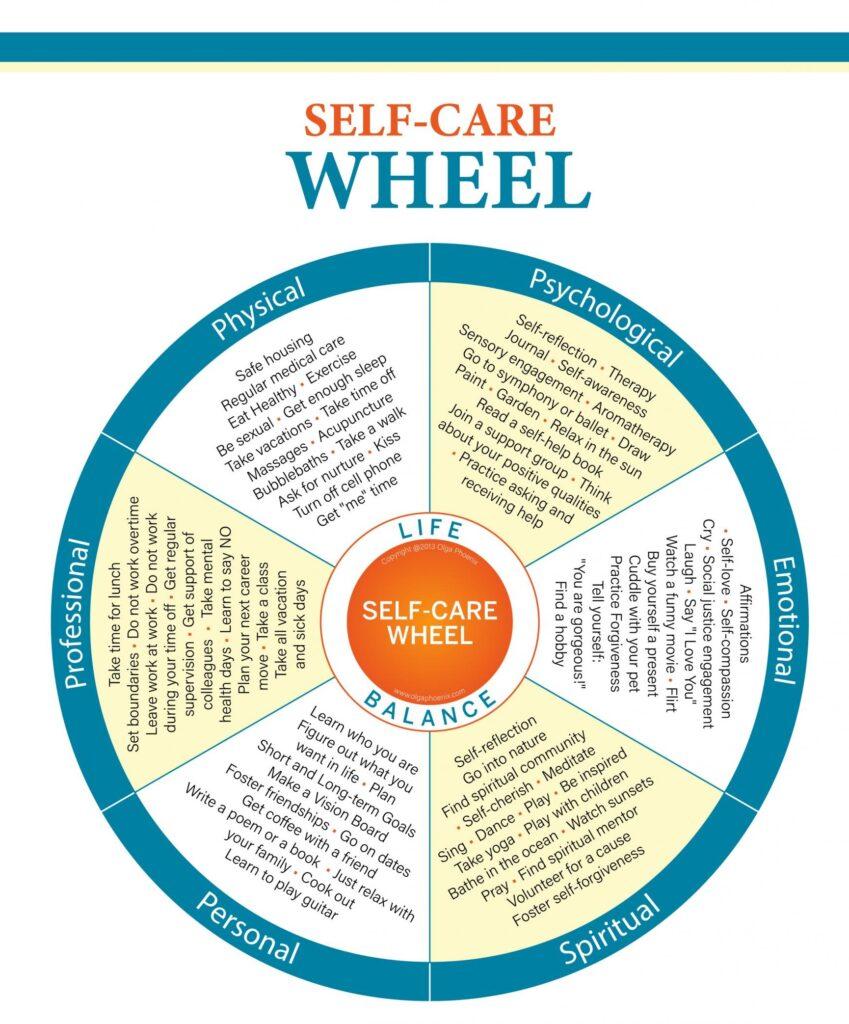Intuitive eating has been gaining traction as a revolutionary approach to food and wellness. Its principles, rooted in mindfulness and self-care, not only benefit individuals but also hold significant promise for business owners. In a world where productivity often takes precedence over personal well-being, embracing intuitive eating can offer substantial advantages for those steering the helm of enterprises.
Understanding Intuitive Eating
Intuitive eating serves as a counter-narrative to the pervasive diet culture that often leads to a distorted relationship with food and body image. Its core principles are deeply rooted in self-compassion, rejecting the idea of food as a source of guilt or morality. This approach encourages individuals to reconnect with their innate hunger and fullness cues, fostering a profound sense of trust in their bodies’ wisdom.
At its heart, intuitive eating involves ten key principles that guide individuals toward a more balanced relationship with food:
Rejecting the Diet Mentality: Intuitive eating starts with discarding restrictive dieting practices, allowing individuals to break free from the cycle of deprivation and guilt associated with food.
Honoring Hunger: Encouraging individuals to recognize and respond to their biological cues for nourishment without judgment or delay.
Making Peace with Food: Removing the concept of “good” or “bad” foods, thereby reducing the allure of forbidden foods and enabling a healthier approach to eating without guilt.
Challenging the Food Police: Overcoming the inner critical voice that dictates food choices and instead fostering self-compassion and acceptance.
Discovering Satisfaction in Eating: Encouraging individuals to savor and enjoy their food, paying attention to taste, texture, and satisfaction rather than just quantity or calories.
Respecting Fullness: Cultivating an awareness of fullness cues, allowing individuals to stop eating when comfortably full.
Understanding Emotional Eating: Acknowledging emotional triggers for eating and developing alternative coping mechanisms beyond food.
Respecting Your Body: Embracing body diversity and cultivating self-respect, regardless of size or shape.
Exercise for Well-being: Shifting the focus from exercise solely for weight control to engaging in physical activity for enjoyment and overall health.
Honoring Health with Gentle Nutrition: Embracing a flexible approach to nutrition, allowing for diverse and nourishing food choices without strict rules.
This holistic approach to eating emphasizes the importance of self-care, body respect, and mindfulness, empowering individuals to reclaim autonomy over their eating habits and overall well-being.
By internalizing these principles, individuals not only forge a healthier relationship with food but also experience a profound shift in mindset. Intuitive eating becomes a guiding philosophy that extends beyond meals, influencing how they approach stress, self-care, and their interactions with others. This paradigm shift fosters a more compassionate and balanced way of living, transcending mere dietary choices to encompass a holistic lifestyle centered around well-being and self-acceptance.
Benefits for Business Owners
Mental Clarity and Focus
Business owners often grapple with high-stress levels and demanding schedules. Intuitive eating promotes mindfulness, helping individuals become more attuned to their body’s needs. When one nourishes themselves intuitively, they’re more likely to experience mental clarity and heightened focus, crucial assets for making sound decisions in the dynamic business world.
Enhanced Energy Levels
The erratic nature of entrepreneurial life can lead to irregular eating patterns or relying on quick, often unhealthy, food choices. Intuitive eating encourages honoring hunger cues and choosing foods that energize the body. With stabilized energy levels, business owners can maintain sustained focus and productivity throughout their workday.
Improved Relationships and Leadership
Building a successful business often involves managing teams and fostering relationships. Intuitive eating teaches self-compassion, which can extend to how leaders treat their employees. By embracing a non-restrictive and accepting approach to food, business owners can cultivate a more empathetic and understanding leadership style, fostering a positive work environment.
Stress Reduction and Resilience
Owning and managing a business comes with a barrage of stressors. Intuitive eating, rooted in self-care and stress reduction, provides tools to cope with stress more effectively. This approach encourages self-compassion, resilience, and adaptive coping mechanisms, enabling business owners to navigate challenges with greater ease.
Conclusion
Intuitive eating transcends the realm of personal wellness; its principles hold immense potential for enhancing the lives of business owners and their employees. By fostering a workplace culture that values mindfulness, self-care, and a healthy relationship with food, business owners can pave the way for a more productive, resilient, and harmonious work environment.
Embracing intuitive eating is not just a personal choice; it’s a strategic investment in the well-being and success of the business itself. As more entrepreneurs recognize the value of prioritizing holistic wellness, intuitive eating could become a cornerstone of progressive and thriving businesses in the future. .





